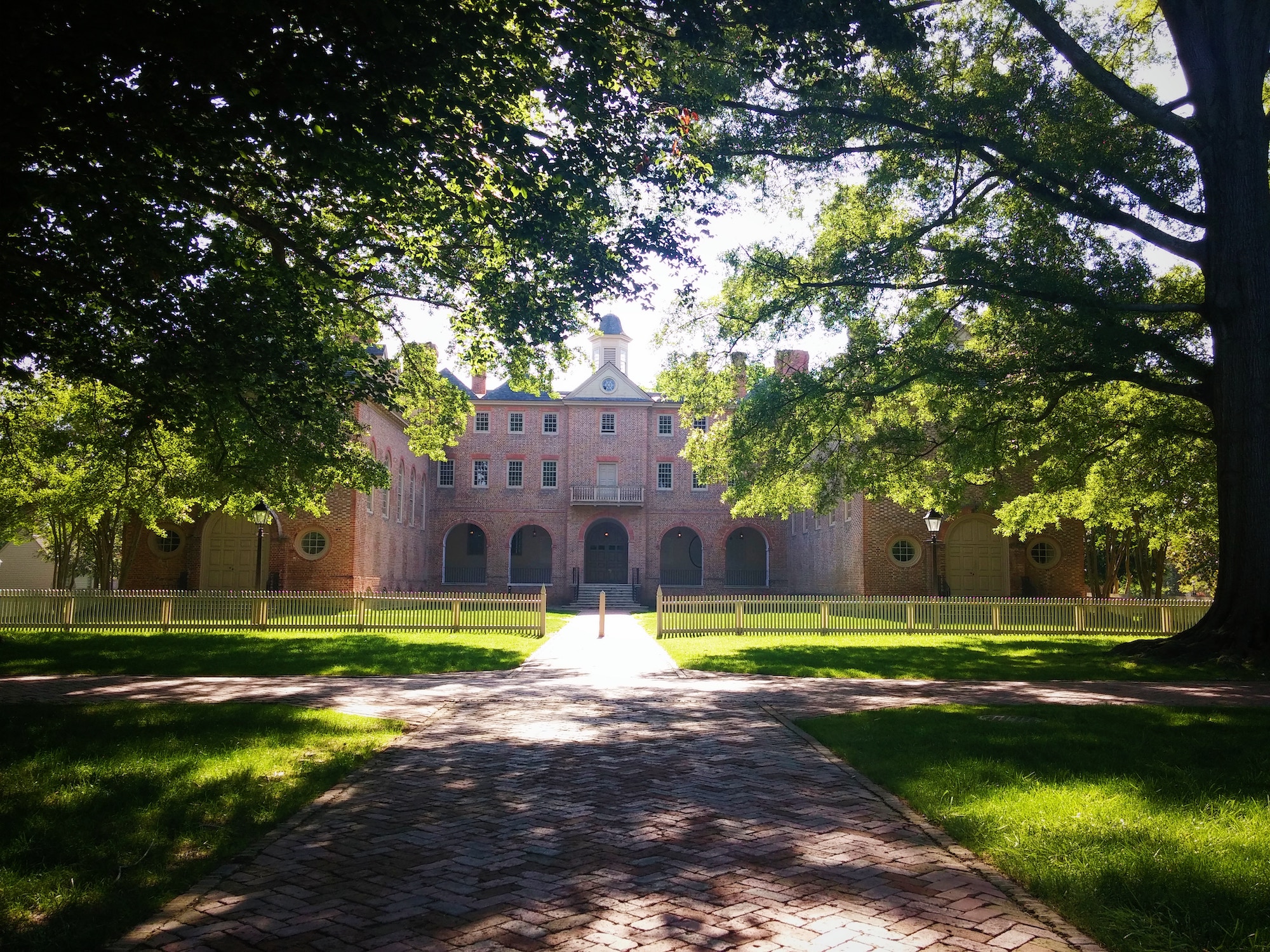Reading Lists
10 Novels About How the Working Class is Constantly Getting Screwed
If reading pure economics isn’t your thing, these books explore what happens when income inequality goes unchecked
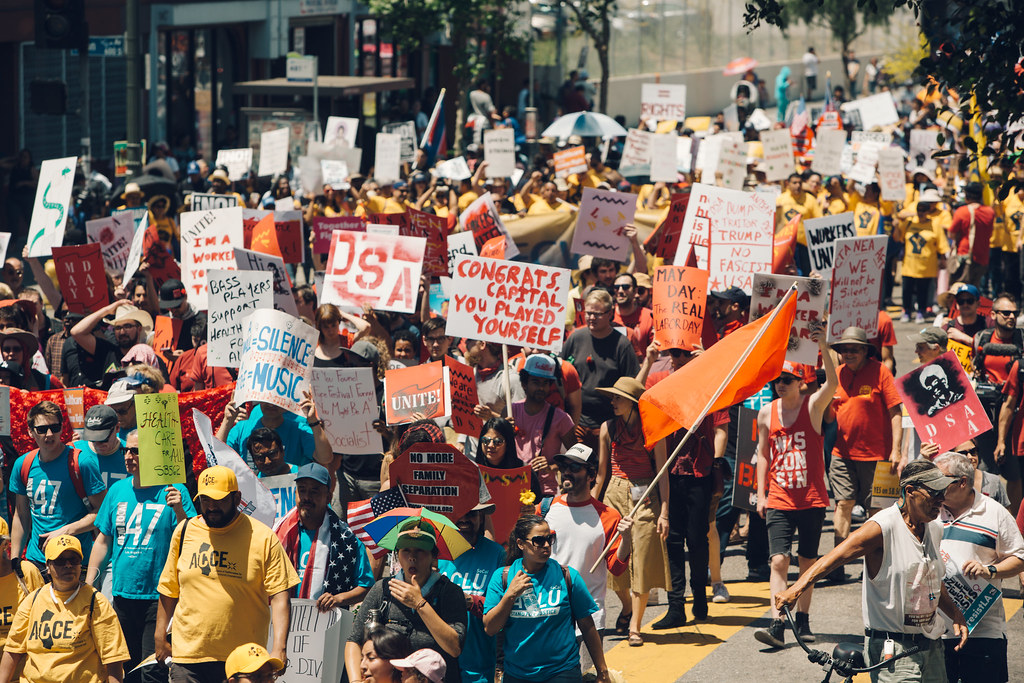
Writing is about capturing the rhythms of real and everyday life, which means questions about class are often at the forefront or in the undercurrent of great fiction. The likes of Charles Dickens, George Eliot, and Émile Zola all explored the dynamics of class in their work; in the first half of the 20th century, American fiction abounded with sharply recorded observations about money and society from acclaimed writers such as Zora Neale Hurston, John Steinbeck, Margaret Mitchell, W. E. B. DuBois, Betty Smith, Lin Yutang, and Richard Wright. The latest proposed tax reform in the U.S. highlights the breadth of disparity that still exists between classes, how little has been done to solve income inequality, and how vulnerable that makes the working classes — both stateside and around the world. Here’s a look at a number of novels that explore the issue from all angles, and the risks of failing to fix it.
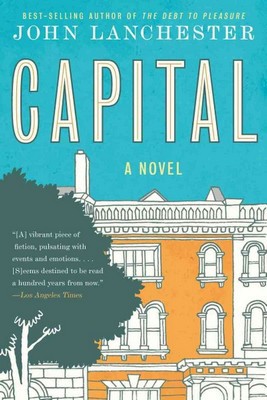
Capital by John Lancaster
Besides his work writing fiction, John Lancaster also regularly reports on matters financial and economic. In other words, his novel Capital has plenty of ambition, but also a great deal of knowledge to back that up. In it, Lancaster explores the lives of the residents in a gentrifying London neighborhood, from an aging longtime resident to a talented young soccer player—and shows how they react to a presence seemingly resentful of their status.

Here Comes the Sun by Nicole Dennis-Benn
In her first novel, Here Comes the Sun, Nicole Dennis-Benn explores questions of class, inequality, and social mobility with an evocative setting: a resort in Jamaica and the working-class town around it. The resulting story is a harrowing narrative dealing with inequalities related to socio-economics, gender, and sexuality—and a near-perfect object lesson in how these issues cause huge rifts even within families.
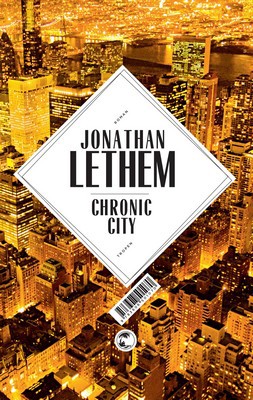
Chronic City by Jonathan Lethem
Many American cities have seen a textbook narrative of income inequality play out within their borders over the last few years. Jonathan Lethem’s Chronic City holds a funhouse mirror up to Bloomberg-era New York, bringing together characters who are both insiders in an affluent world and those who are struggling to make ends meet. The result is an unusual and deeply moving narrative.

The Invaders by Karolina Waclawiak
In The Invaders, Karolina Waclawiak meticulously dissects the social dynamics at work in an affluent Connecticut community. Along the way, she explores how questions of race and gender play into issues of class. As with her previous novel, How to Get Into the Twin Palms, Waclawiak charts out how money and position—and the lack thereof—can prompt desperate acts on the part of even the most idealistic characters.

Double Teenage by Joni Murphy
Joni Murphy’s novel Double Teenage is set largely in the 1990s, and focuses on the shifting friendship between two friends who are in high school as the narrative begins. Lurking in the backdrop of the novel is NAFTA, the trade pact that’s played a significant role in domestic policy debates over questions of employment and inequality in recent years.

Your Heart is a Muscle the Size of a Fist by Sunil Yapa
In 1999, the World Trade Organization met in Seattle, and was greeted by massive protests. The issues raised by those protestors, including the ways in which large corporations could devastate economies around the globe, remain paramount to discussions of inequality today. In this novel, Sunil Yapa explores a host of perspectives in and around the protests, giving a human face to a heated ideological debate.

These Dreams of You by Steve Erickson
As with nearly every novel by Steve Erickson, These Dreams of You is about sundry topics, including the making of David Bowie’s “Berlin” trilogy and the fissuring of a family. But it’s also about the increasingly economically fraught landscape for artists and academics, particularly in the wake of the late-2000s financial crisis. Erickson brings in a number of high concepts here, but his depiction of a family desperately trying to avoid losing everything cuts the deepest.

Rina by Kang Young-sook
For some descriptions of income inequality, only a phantasmagorical tone will do. Such is the case with Kang Young-sook’s novel Rina, which follows the adventures of a young woman leaving her home in search of a better life abroad. What she finds is an array of economic exploitation, terrifying industrial landscapes, and a constant sense of alienation. Her plight is described in a stylized fashion, but the dangers she faces are altogether real, and decidedly contemporary in nature.

The Mare by Mary Gaitskill
Many of Mary Gaitskill’s novels examine imbalances in interpersonal relationships—and so it’s not a shock that her recent novel The Mare adds a heady dose of class to the mix. It focuses on a well-off couple residing north of New York City, and the working-class teenager from the city who they take in one summer. Gaitskill explores the inequalities within this bond, and ponders whether genuine connection is possible when matters of class are involved.
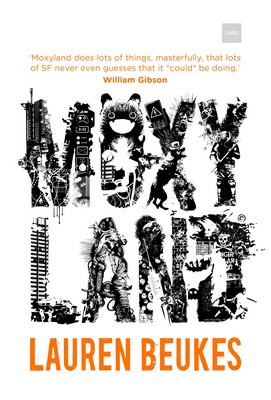
Moxyland by Lauren Beukes
One of the side effects of income inequality is the way it enables corporations to chip away at our identity. Similarly, it reveals our materialism, how we’re willing to compromise for lower prices on products, social connections, and something shiny and new. Lauren Beukes’s Moxyland imagines a near future where all of these things have been taken to their logical and extreme end points; the result is akin to a blend of George Saunders’s anti-consumerist narratives and William Gibson’s uncanny futurism.






